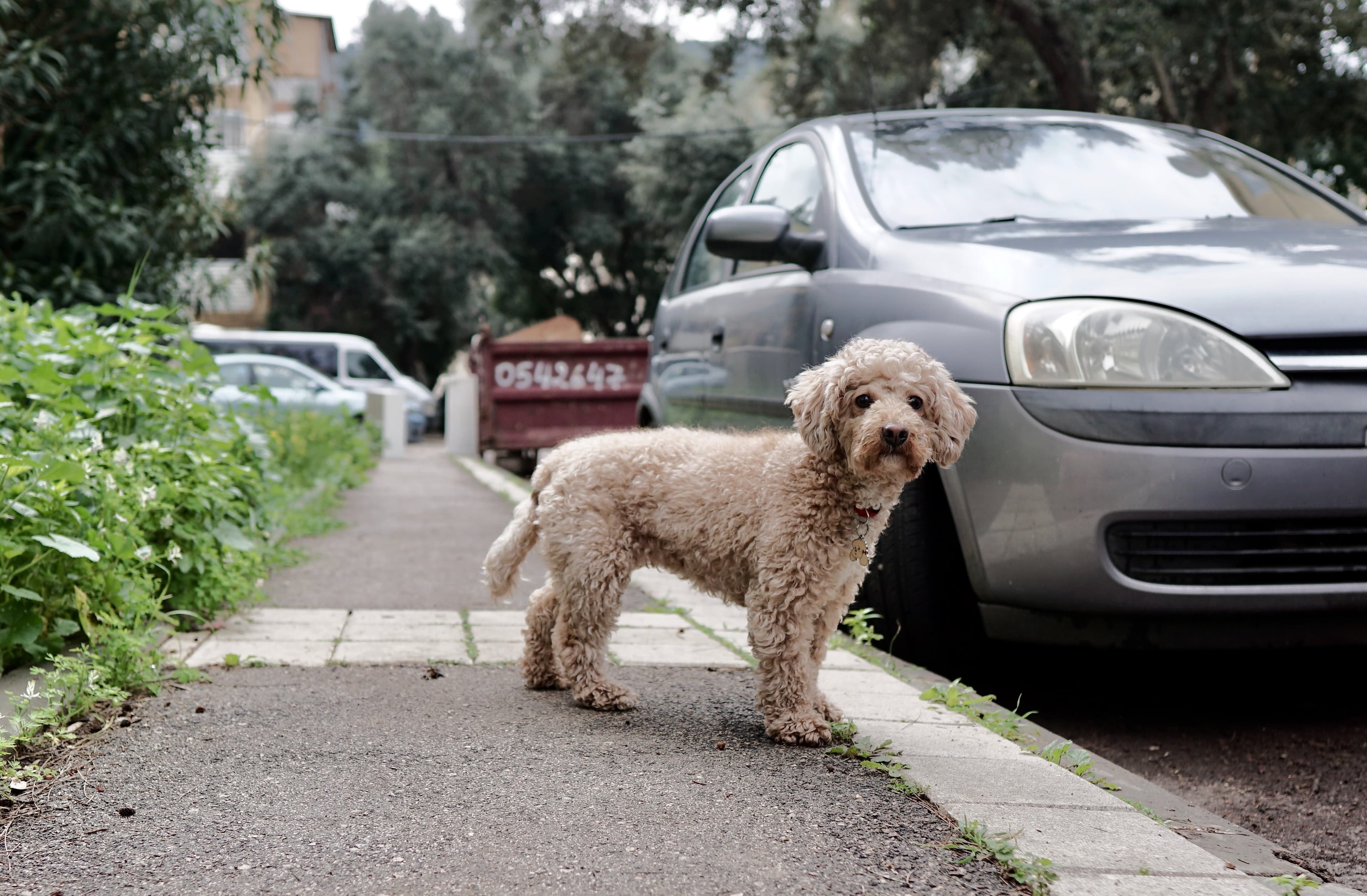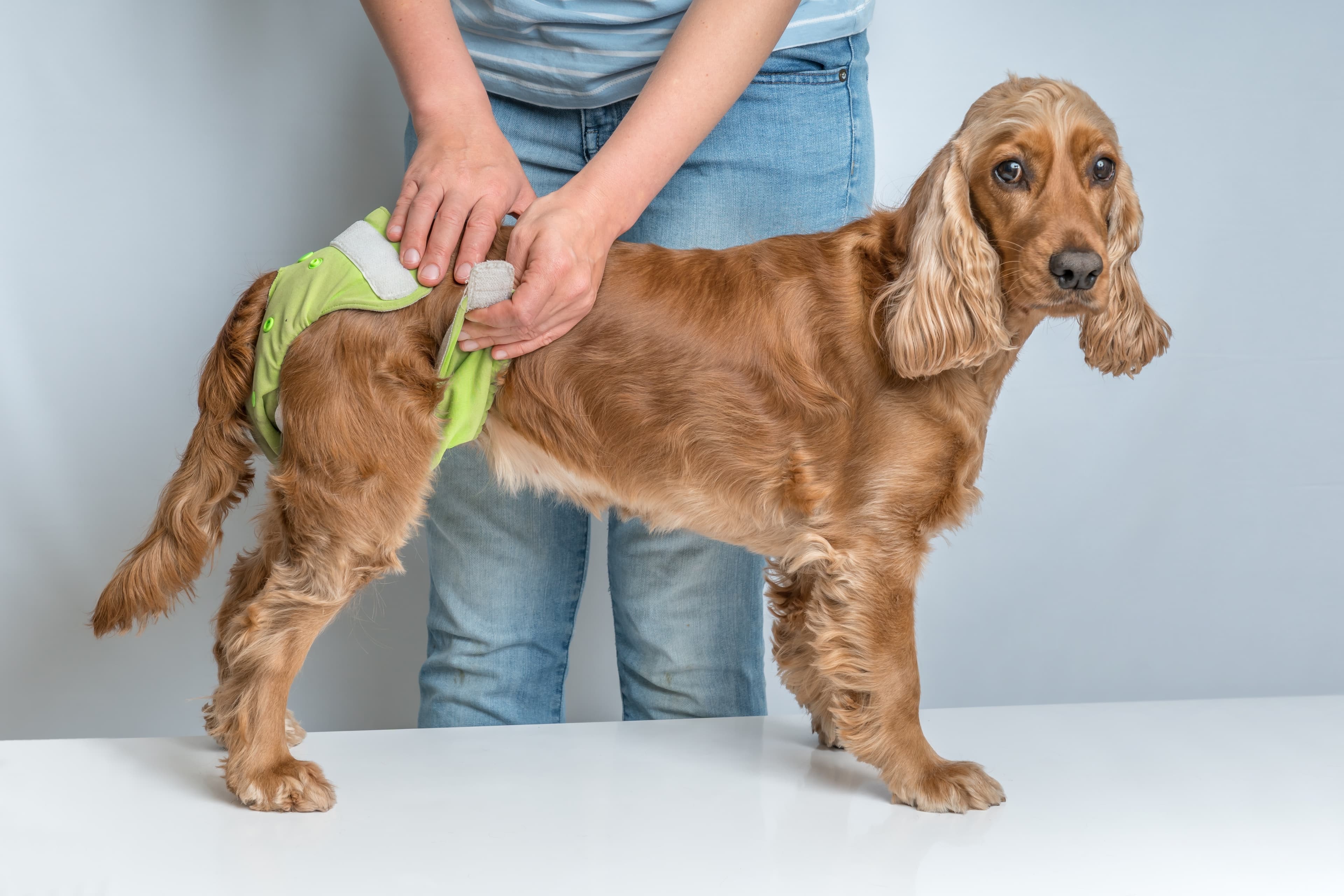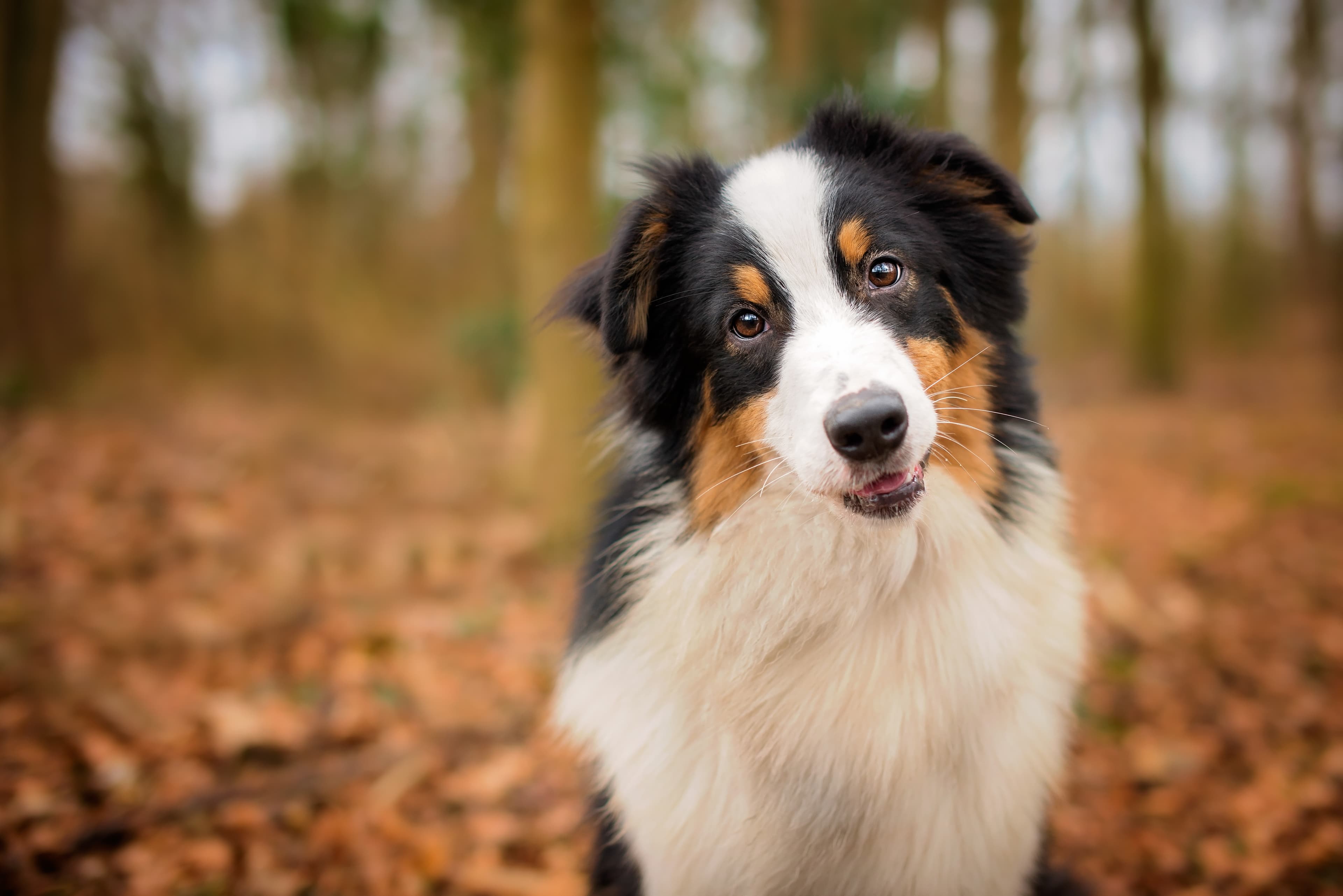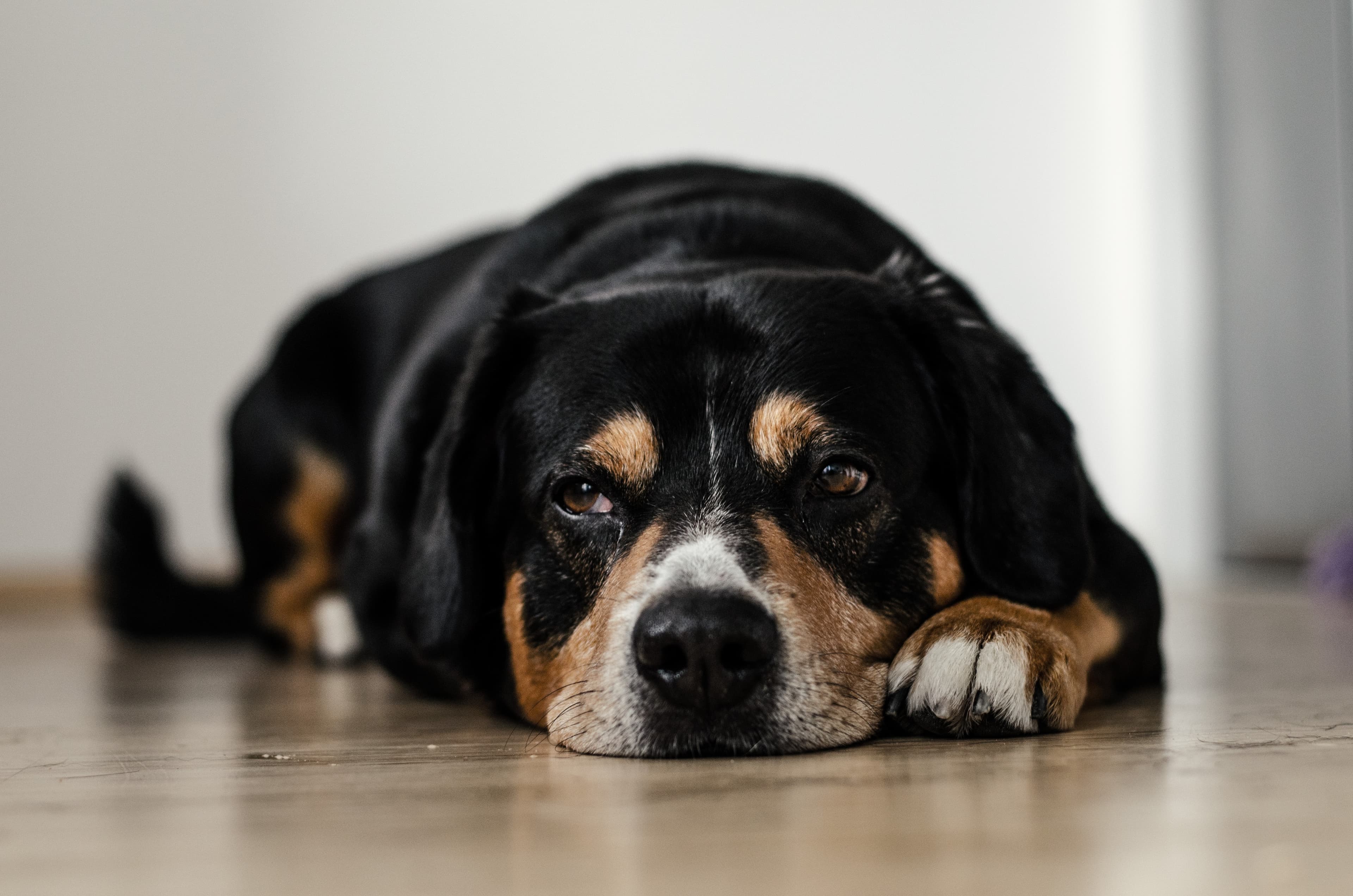Beware of glycol - it can poison your dog
Glycol, which is found in coolants, is a common household item. This is something that is very toxic to your dog, so it is important that you keep liquids containing glycol in a place that your dog cannot get to.
Glycol, or ethylene glycol as it is actually called, is found in brake fluid and radiator fluid, among other things. It has no smell but tastes sweet and can therefore be tempting for dogs to lick it. It is very dangerous for a dog to ingest glycol and even a small amount can unfortunately be fatal for a dog, often leading to such severe poisoning that the dog can die. A dog can die from as little as 4-7 ml of ethylene glycol per kilogram of body weight.
If the dog ingests glycol, it can cause acute symptoms such as staggering, vomiting, weakness and convulsions. Increased thirst and urination are another symptom of the kidney damage that occurs. The general condition of a dog can change relatively quickly and they can sometimes give the impression that they are cold or intoxicated during the poisoning. After the first initial stage of poisoning, it is sometimes possible to see an improvement in their dogs, but this often only lasts for a short period before things take a turn for the worse and the dog may have an increased heart rate and difficulty breathing. You may also see coughing, hard heartbeat and convulsions that are sometimes so severe that the dog goes into a coma.
As with many other poisonings in dogs, glycol poisoning is similar to other poisonings in that they have similar symptoms. Therefore, if you suspect glycol poisoning, you should always go straight to the vet for an examination and possible diagnosis. Glycol is absorbed very quickly by the body, so prompt treatment, including drip in dogs, is crucial to a possible recovery.
Always place liquids containing glycol in a place in the home that your dog cannot access! Also, be careful and wash away any accidental spills of liquid with glycol. Also, don't let your dog lick the ground when you're in a place where there are vehicles or liquids that may contain glycol, such as a parking garage.
If you suspect or know that your dog has ingested glycol, always seek veterinary advice immediately. Also, call the veterinary clinic on your way in so that they have time to prepare for your arrival.






